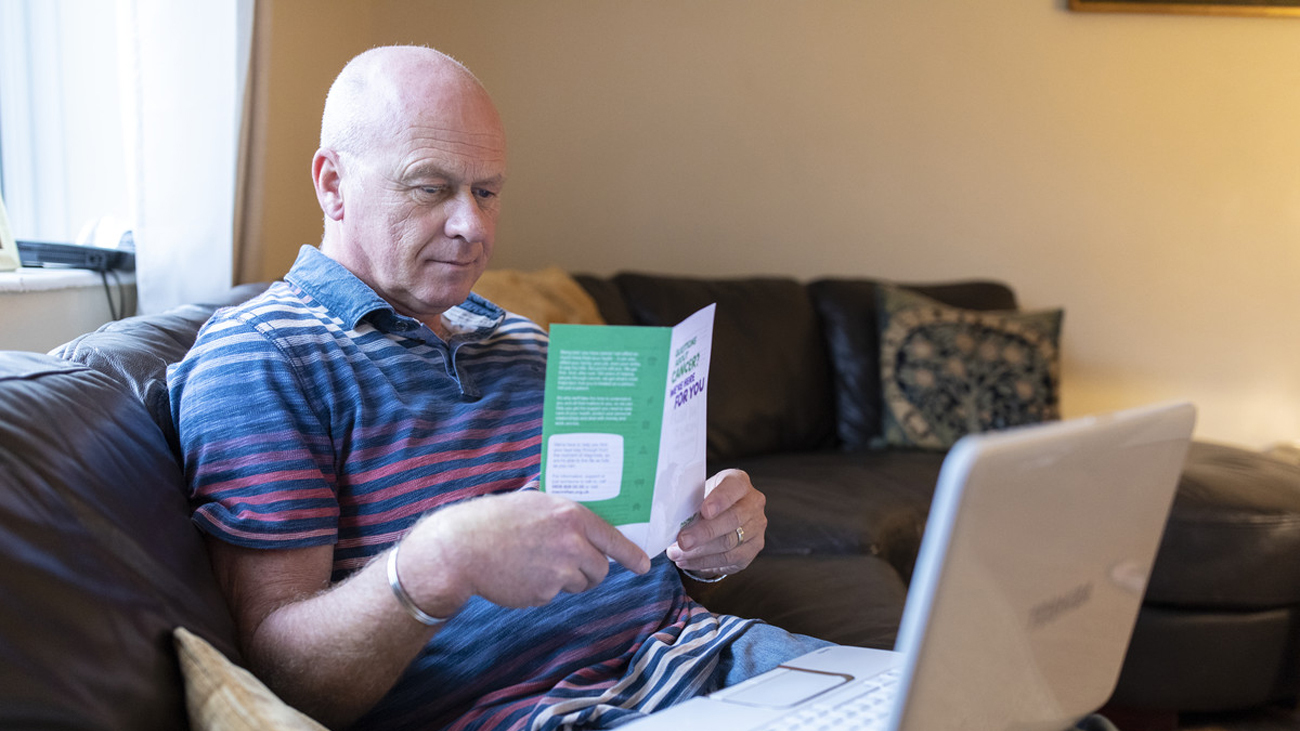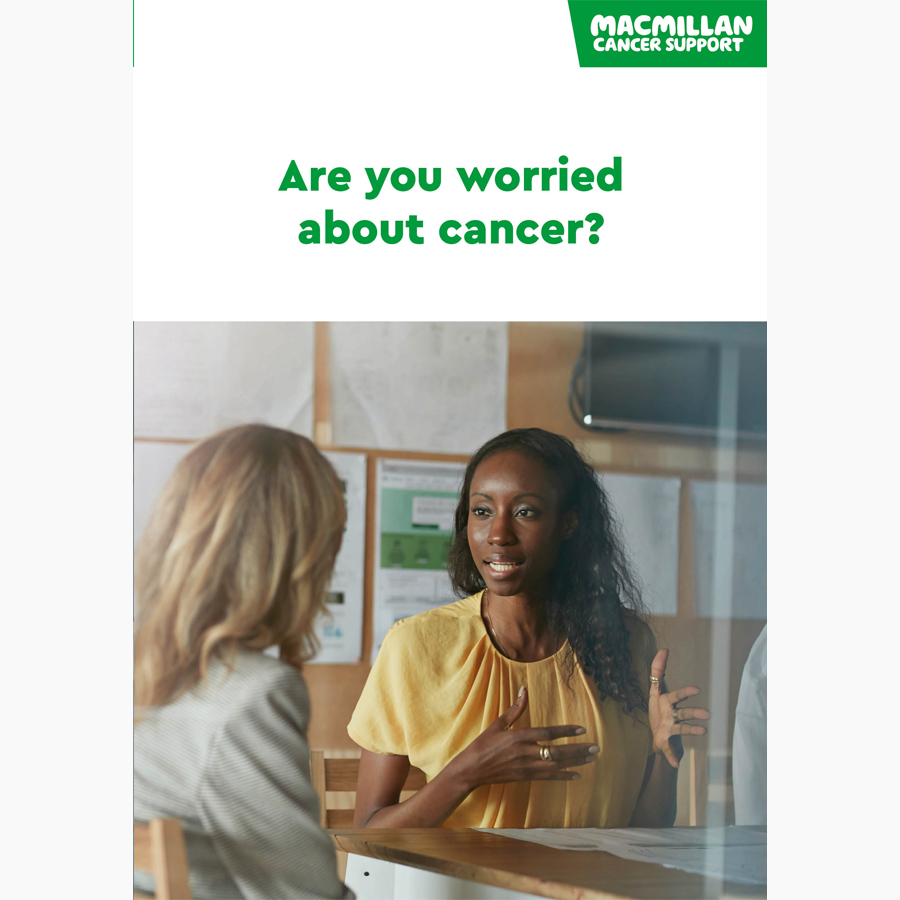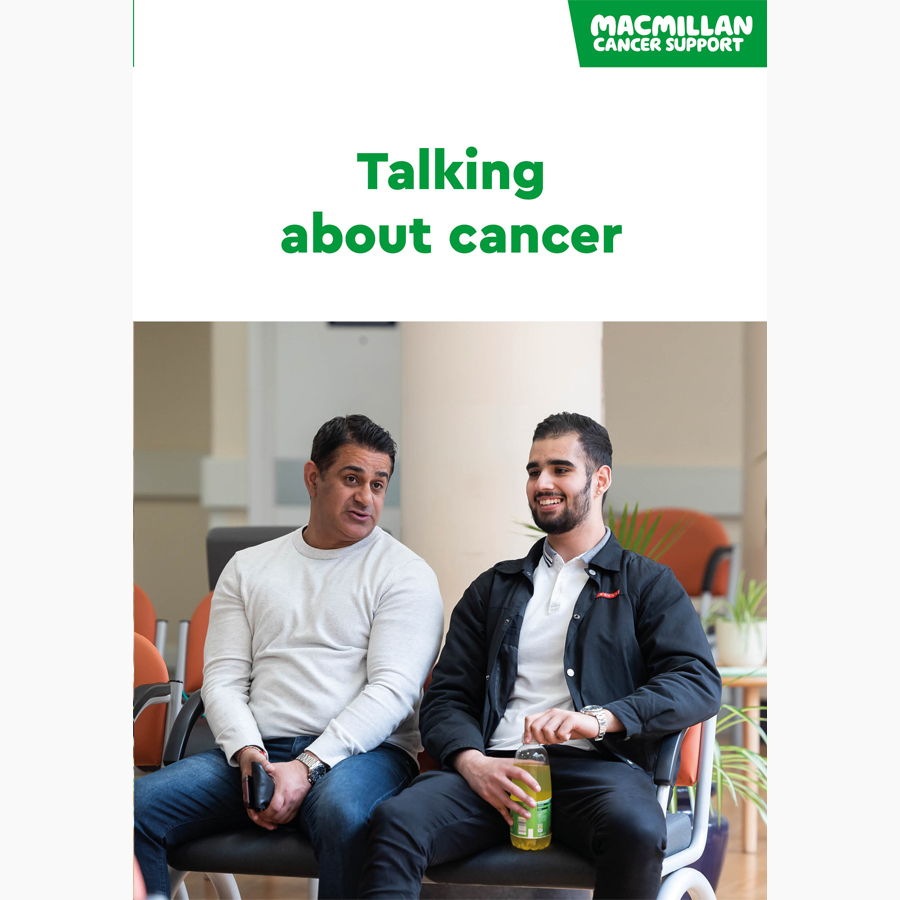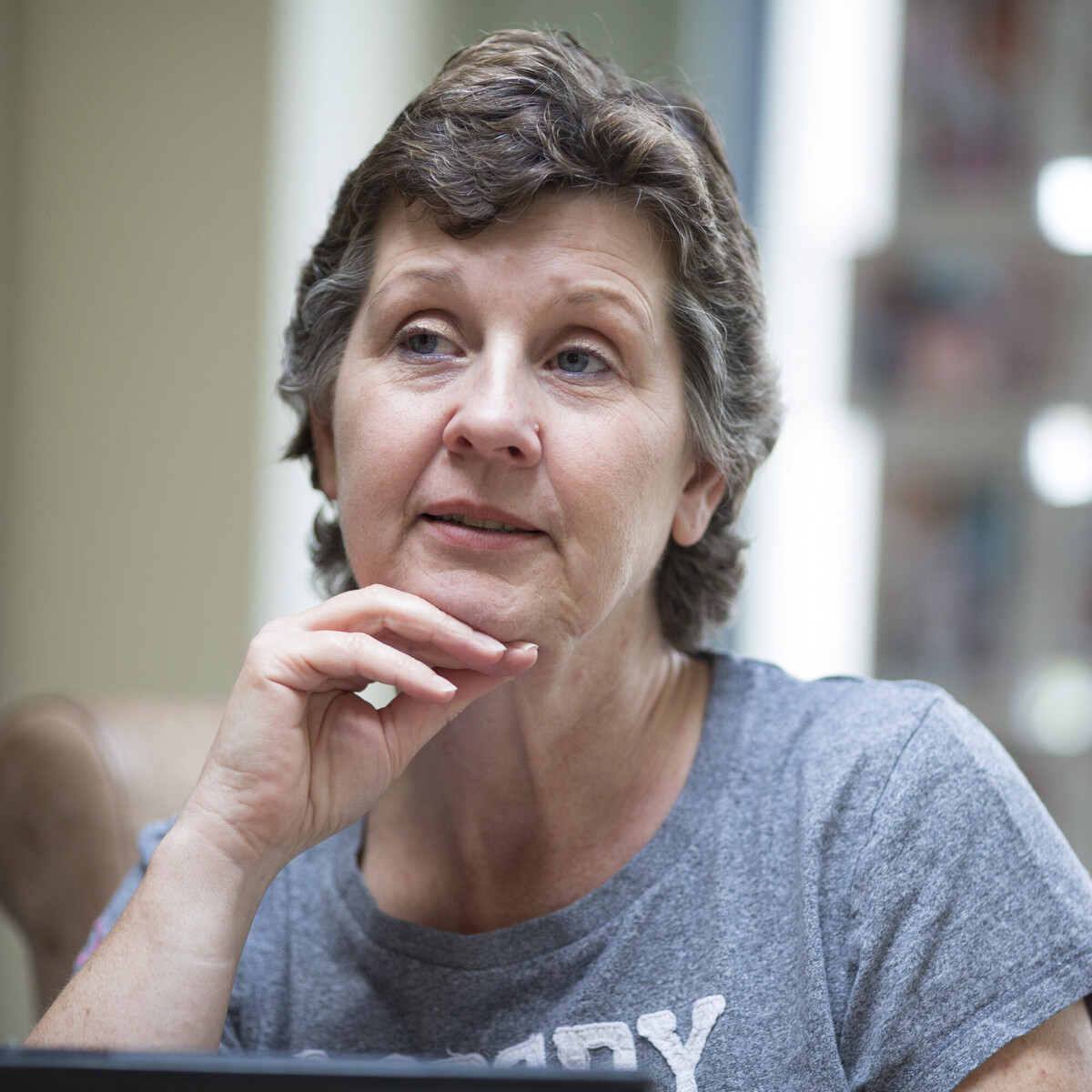Urological Cancer Awareness Month
Urological cancers are cancers that affect part of the urinary system or the prostate, penis or testicles. Find out more about this group of cancers and how you can help Macmillan support people affected by a urological cancer.
What are urological cancers?
Urological cancers are a group of several different cancer types. The group includes:
- cancers that start anywhere in the urinary system. That’s the system in your body that makes and stores pee (urine). It includes the bladder and kidneys.
- cancers that start in the prostate, penis or testicles.
Urological cancers are all the cancers that can affect the organs in the urinary system. These include:
- bladder cancer
- kidney cancer
- penile cancer
- prostate cancer
- testicular cancer
- Upper urinary tract urothelial cancer (UTUC)
Symptoms of urological cancers
Different types of urological cancer can cause different types of symptoms. Some possible symptoms are listed below. Having any of these symptoms does not mean you have cancer. But it could still be something that needs treatment. So it is important to get them checked out.
- Blood in the urine (pee)
- Pain in the lower tummy or in one side of the lower back
- Needing to pee more often than usual, especially at night
- Difficulty peeing, for example pain or discomfort, a weak flow or having to strain to pass urine
- Urgent need to pee
- Feeling like your bladder is not empty after peeing
- A lump in the testicle, groin or on the penis
- A growth or sore (ulcer) or changes in skin on the penis, or discharge or bleeding from the penis
See also
Talking to your GP
Urological cancers can be easier to treat if they are diagnosed at an early stage.
It can feel embarrassing to talk about these symptoms, but your GP and other healthcare professionals are used to talking about these problems. They would prefer you to use the words you are comfortable with rather than medical words so they can best help and advise you.
Steven's diagnosis
"In terms of early symptoms, to be honest, I could only put two and two together with the benefit of hindsight. I had been losing weight, but this was over a period of a year or so, I just put it down to an active lifestyle.
Nearer to the time of the first diagnosis, I had been getting pains in my lower abdomen when I did something slightly strenuous like taking the dogs for a walk, and I had been getting fatigued quicker than normal and noticed a change in my moods. Again, I put it down to stress at work, long hours, poor eating habits, and general tiredness."


Where to get support

Get help from one of our advisors

Cancer and cost of living

Online community








